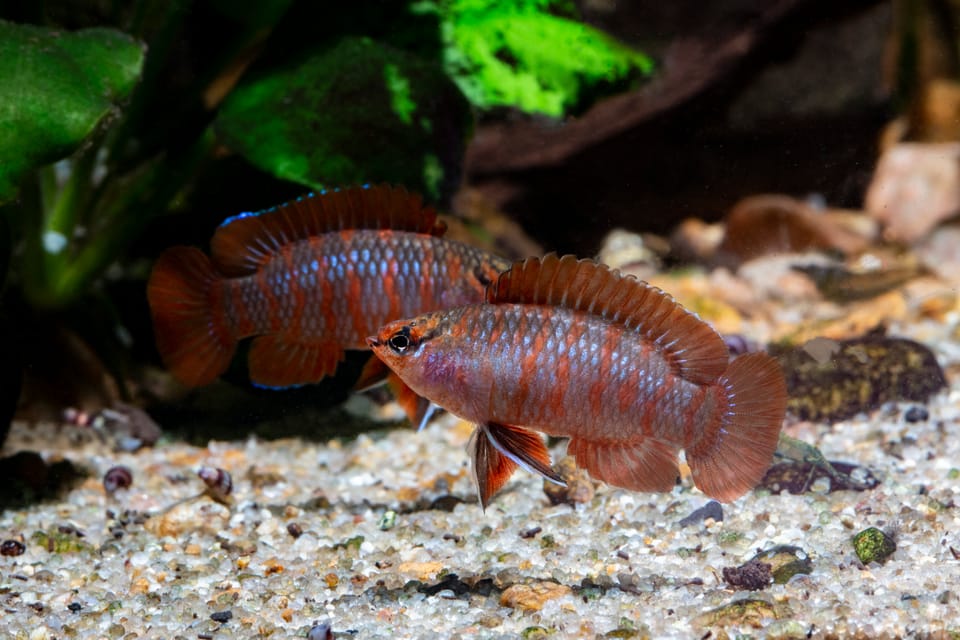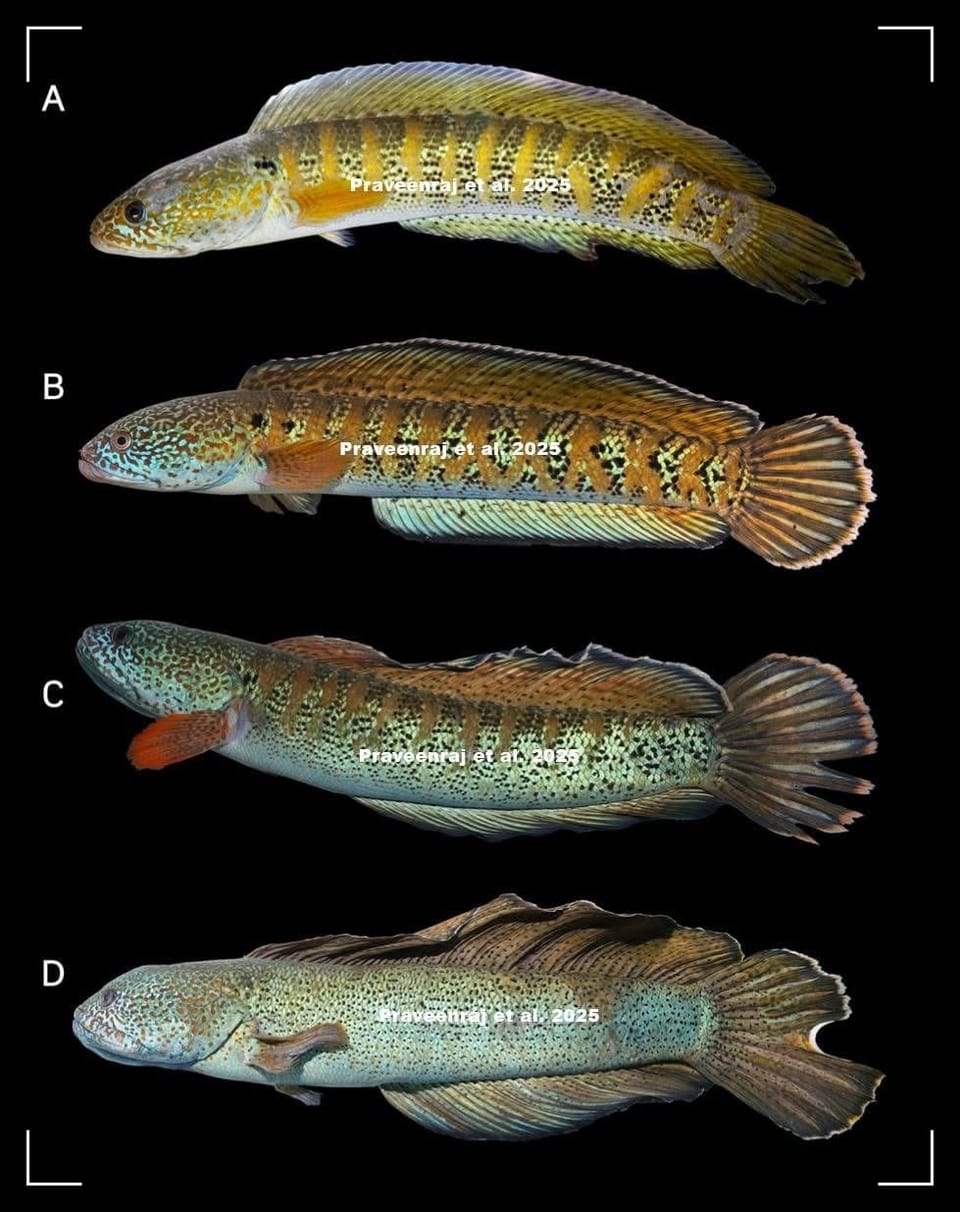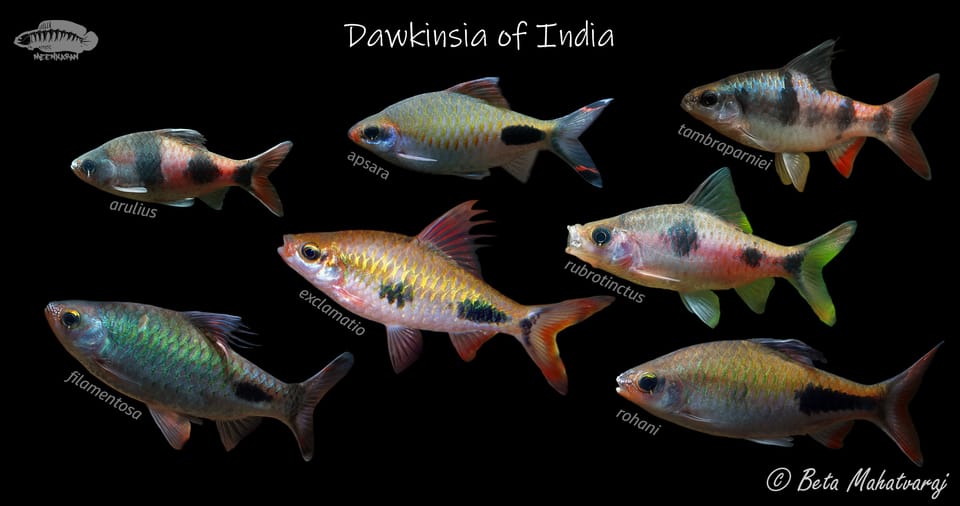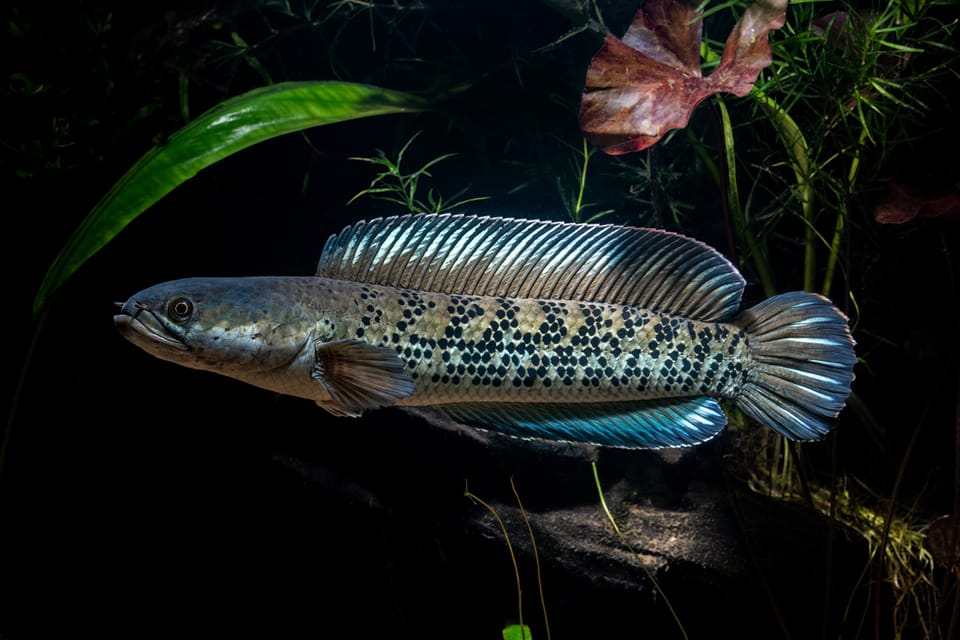Meet The Zebra Loach - Botia striata
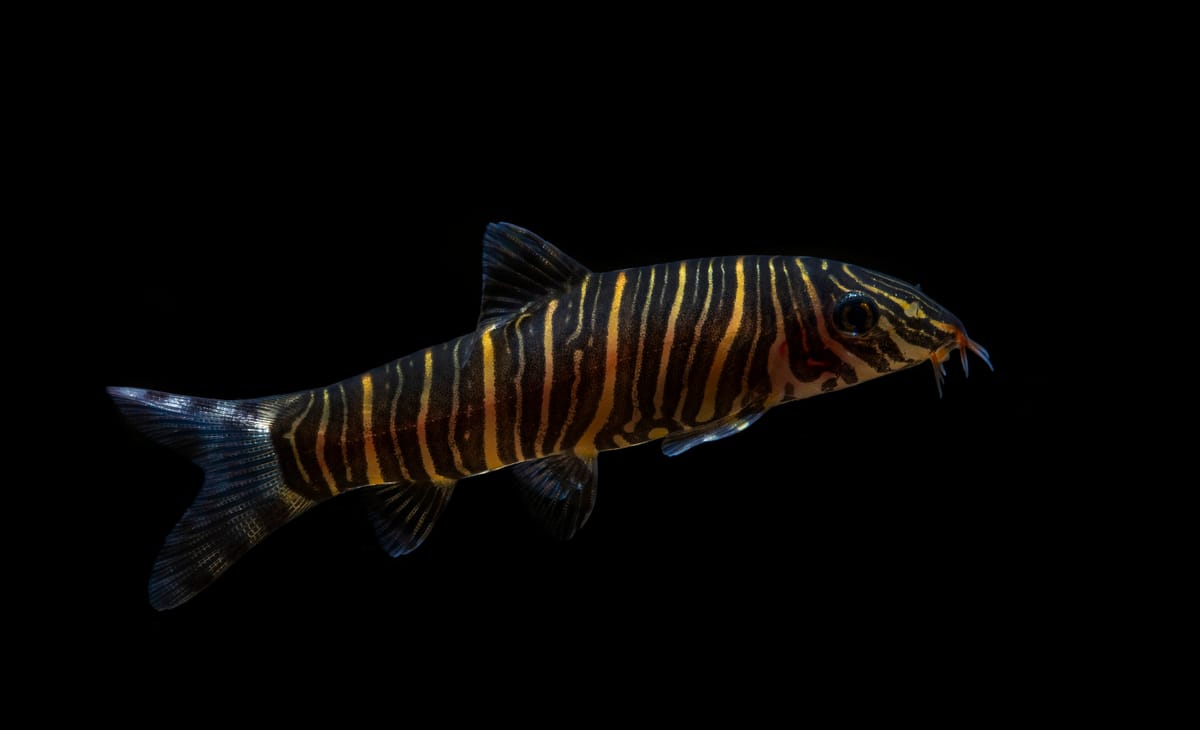
Indian Native Species Spotlight: Botia striata
Common Name: Zebra Loach
Endemic to: Western Ghats, India
Image courtesy: Beta Mahatvaraj a.k.a Meenkaran
Shy, peaceful, and strikingly patterned, the Zebra Loach (Botia striata) is a hidden jewel of the Indian freshwater world. Endemic to the clear, fast-flowing hill streams of the Western Ghats, this species embodies the beauty and fragility of India’s native aquatic life.
BehaviourQuick Facts
- Maximum Size: ~10 cm (4 inches)
- Behaviour: Peaceful, social, bottom-dweller
- Diet: Omnivorous – feeds on worms, insect larvae, and biofilm
- Recommended Group Size: Minimum of 5 individuals
Natural Habitat & Water Parameters
Botia striata thrives in cool, well-oxygenated streams with moderate to strong flow and a rocky or sandy substrate. These habitats are often shaded by dense riparian vegetation and scattered with leaf litter.
- Temperature: 22–26°C
- pH: 6.0–7.5
- Hardness: Soft to moderately hard (2–12 dGH)
- Flow: Moderate to strong
- Oxygen Levels: High
Biotope Guidance
To recreate a naturalistic setup for Botia striata, consider a Western Ghats stream biotope:
- Use smooth gravel or sand substrate
- Add river stones, driftwood, and plenty of hiding spaces
- Include Indian aquatic plants like Hygrophila polysperma, Cryptocoryne spiralis, or floating species like Limnobium laevigatum for shade
- Gentle lighting with leaf litter and natural tannins will help mimic the wild environment
- Maintain strong filtration with moderate current to simulate stream conditions
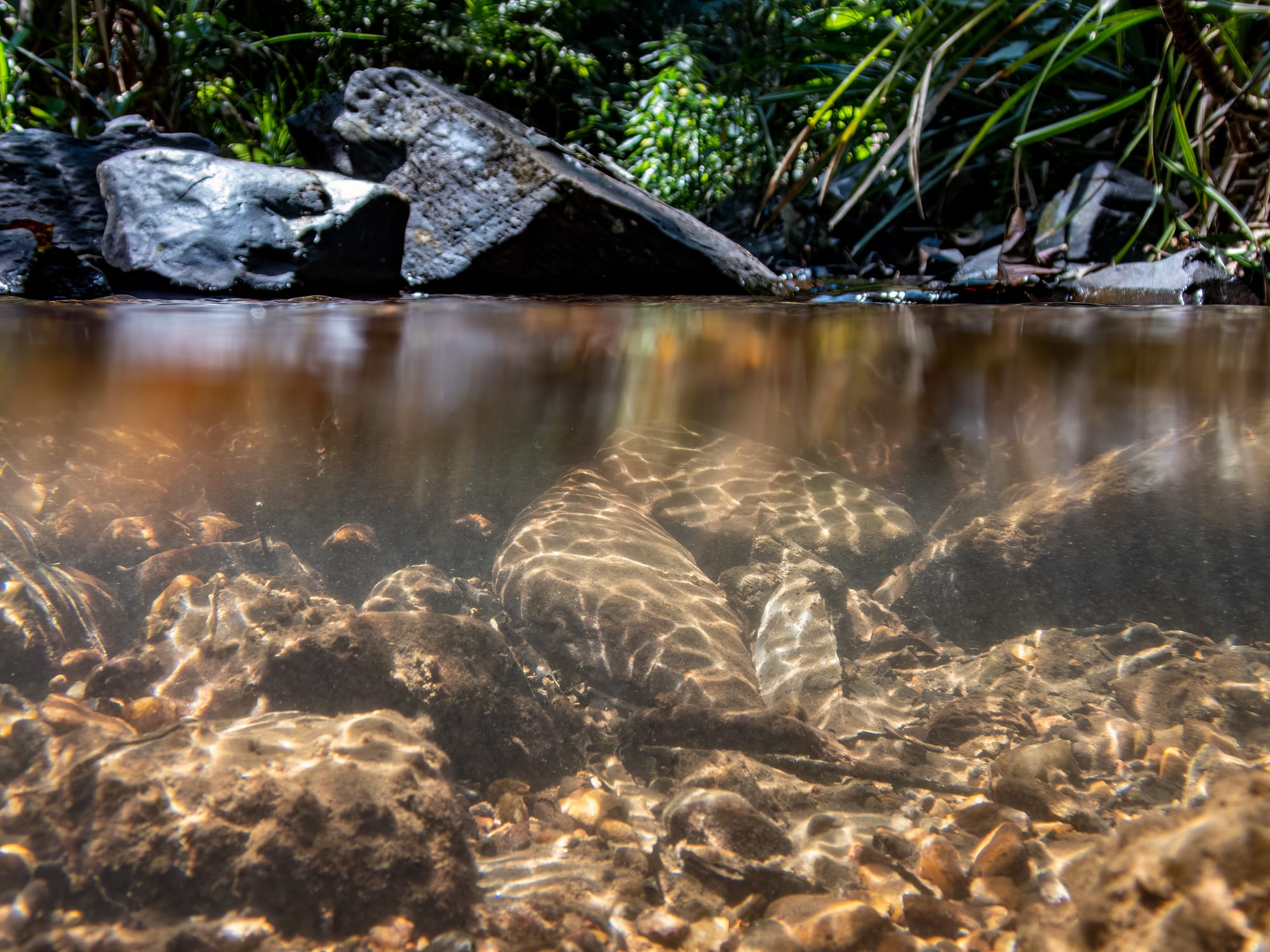
Conservation Status
Botia striata is listed as Endangered on the IUCN Red List. Its survival in the wild is threatened by:
- Habitat destruction due to deforestation and urbanization
- Pollution from agricultural runoff and domestic waste
- Over-collection for the aquarium trade in unregulated regions
Captive breeding programs and responsible trade practices are crucial for the long-term survival of this species. Hobbyists are encouraged to purchase only captive-bred specimens from ethical sources.
This beautiful image captured by Beta Mahatvaraj (popularly known as Meenkaran) showcases Botia striata in its native splendour, reminding us of the incredible biodiversity tucked away in India’s freshwater ecosystems.
🔗 Follow Meenkaran on https://instagram.com/@meenkaran_ig

